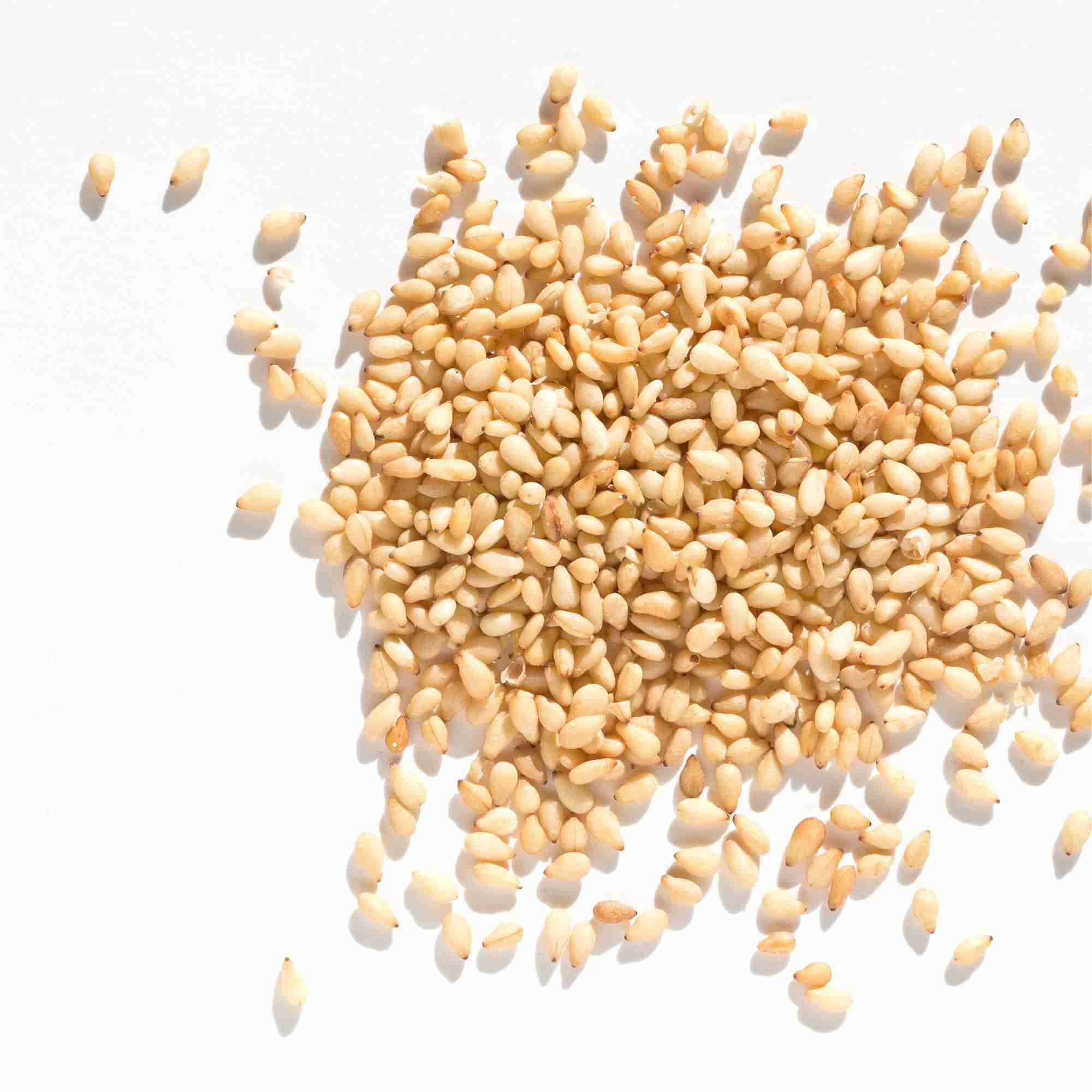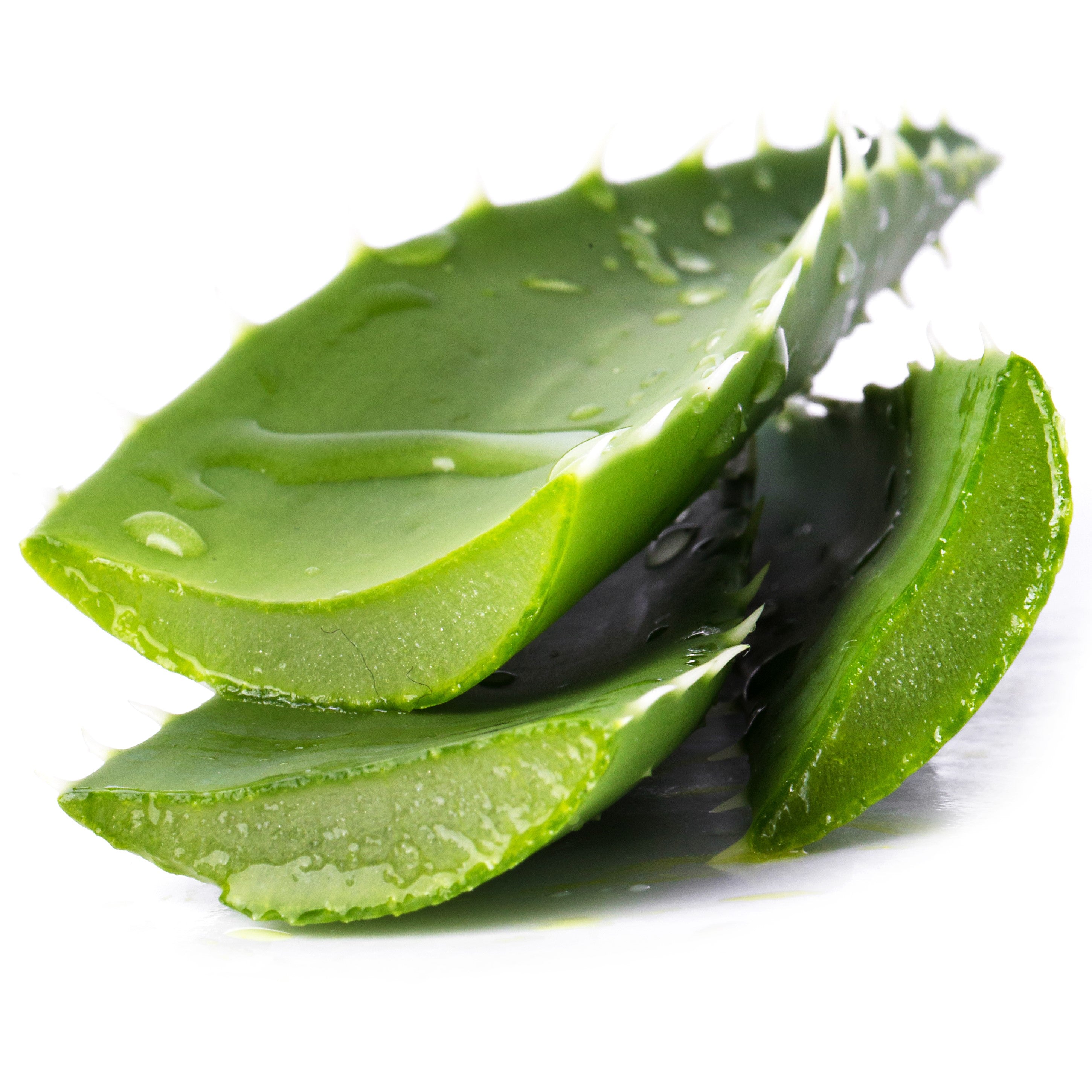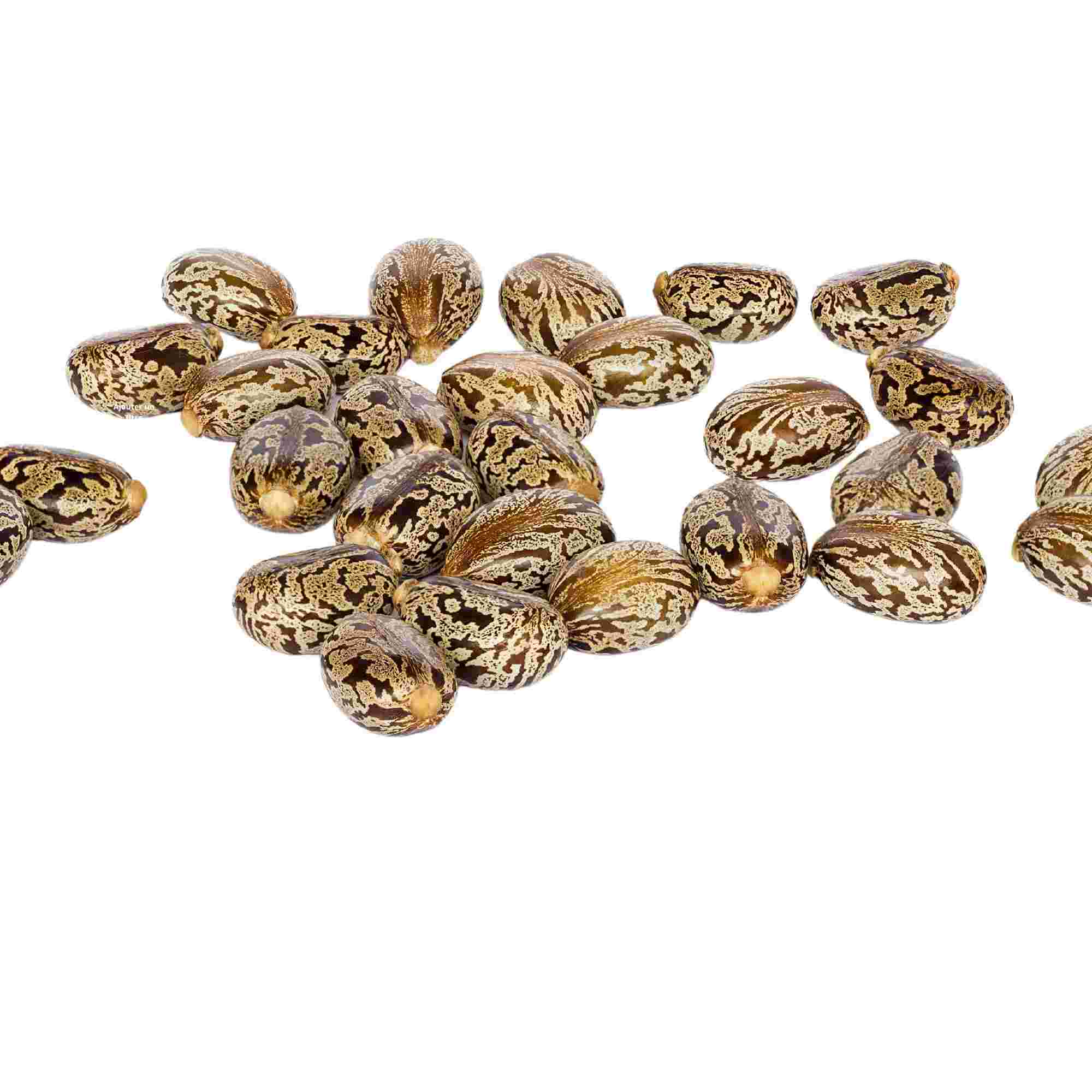Definition of sesame oil
Sesame oil, extracted from sesame seeds (Sesamum indicum), is a precious vegetable oil used since millenaries in traditional medicine and in cosmetics. It is rich in essential fatty acids, antioxidants, vitamins and minerals, making it a multipurpose and nourishing ingredient for the skin.
Actions and benefits
Property of sesame oil: hydration and nutrition
Rich in essential fatty acids, notably in linoleic acid (omega 6) and oleic acid (omega 9), sesame oil helps to deeply hydrate and nourish the skin, reinforcing the skin barrier and maintening a softer and more supple skin.
Property of sesame oil: antioxidant effect
Sesame oil contains vitamin E, lignans such as sesamin and sesamolin,a nd other antioxidants which help protecting the skin against damages of free radicals and slowing skin aging.
Property of sesame oil: reduction of inflammations
The phytosterols contained in sesame oil have anti-inflammatory properties. They help soothing irritations and skin redness, making sesame oil an excellent ingredient for sensitive skins.
Property of sesame oil: antimicrobial properties
Sesame oil has natural antimicrobial properties thanks to components like sesamin. It helps protecting the skin against bacterial and fungal infections, thus contributing to a healthier skin.
Property of sesame oil: protection against UV rays
Though limited, sesame oil offers a protection against UV rays. Studies demonstrated that it can absorb a moderate percentage of UV rays, thus offering another protection when combined with other sun screens.
Clinical and scientific studies on sesame oil
Studies have demonstrated the benefits of sesame oil on skin. A research published in the "Multidisciplinary Digital Publishing Institute Journal" showed that application of sesame oil improved skin hydration from the first use. Another study also confirmed its antioxidant properties, underligning its role in skin protection against oxidation stress (Ingenta Connect). Other studies affirmed that sesame oil extract had significant antibacterial and antioxidant properties.
Sourcing of sesame oil
Sesame is principally cultivated in tropicall and subtropical regions, notably in India, in China, in Africa et in latin America. The plant thrives in well-drained soils and favors hot climates. Sesame seeds are cultivates, then presse when it is cold to obtain a pure oil, thus conserving all of its good properties.
Anecdotes on sesame oil
Sesame is on of the most ancient oleaginous cultures in in the world. In ancient Egypt, it was used for its medical and cosmetic properties. Romans used a sesame and honey paste as an energizing food before battles. In Ayurveda, sesame oil is often used for massages thanks to its calming and regenerating effects on the body and the mind.
Sesame oil in our products
We have integrated sesame oil in our eye contour serum, for its moisturizing and soothing properties. Its ability to nourish and protect the skin makes it an ideal ingredient for sensitive skins. We use it to offer to our clients a natural and efficient care experience, suitable for all types of skins.
Sources :
- PIOTROWSKA A. & al. Impact of Raspberry Seed Oil, Sesame Oil, and Coconut Oil on Skin in Young Women. Multidisciplinary Digital Publishing Institute Journal (2023).
- WEN-NEE T. & al. Antibacterial and Antioxidant Activities of Ghee Hiang Sesame Oil Extract. Malaysian Journal of Medicine and Health Sciences (2023).
- COIFFARD L. & al. Influence de certains corps gras sur le Sun Protection Factor (SPF) mesuré in vitro. Oilseeds & fats Crops and Lipids (2007).




